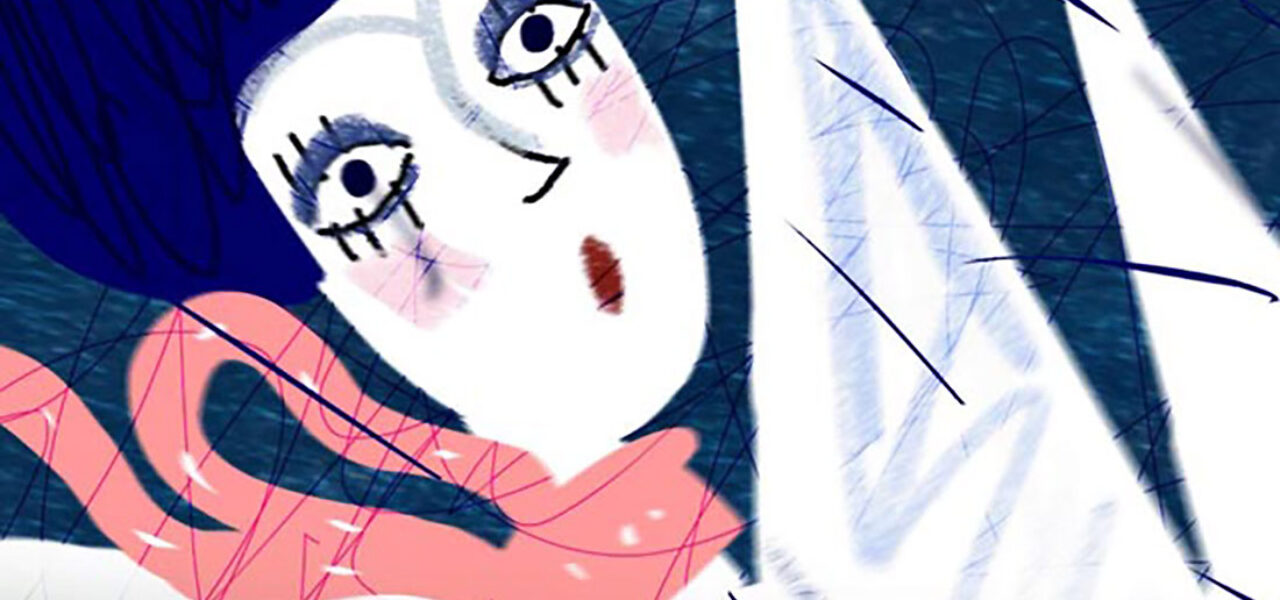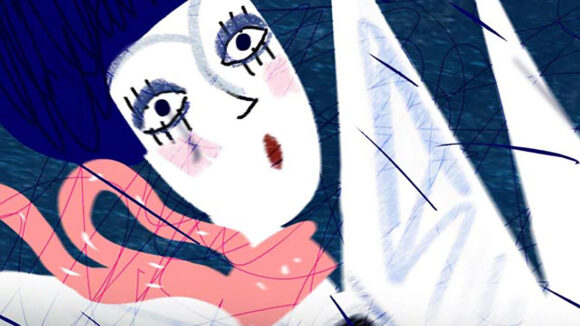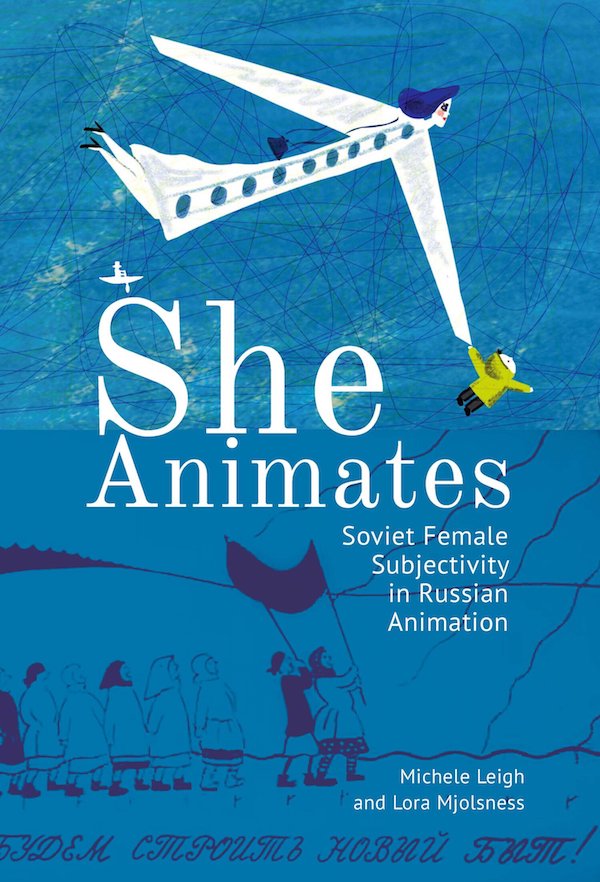

Book Review: ‘She Animates: Soviet Female Subjectivity In Russian Animation’
She Animates: Soviet Female Subjectivity in Russian Animation by Michele Leigh and Lora Mjolsness. Academic Studies Press.
 In this enlightening, rapid-fire analysis of 20th-century Russian and Soviet animation, authors Michele Leigh (an independent scholar) and Lora Mjolsness (a lecturer at the University of California, Irvine) introduce a dozen women animators whose creative contributions to animation have been forgotten, ignored, or just written off. The authors examine a trio of ambitious subjects: “the recovery of the contributions women have made to Russian and Soviet animation”; “the question of how the term women’s cinema in Russia and the Soviet Union can be applied to animation”; and “the complications and possible advantages posed by animation’s ghettoized position as children’s media.”
In this enlightening, rapid-fire analysis of 20th-century Russian and Soviet animation, authors Michele Leigh (an independent scholar) and Lora Mjolsness (a lecturer at the University of California, Irvine) introduce a dozen women animators whose creative contributions to animation have been forgotten, ignored, or just written off. The authors examine a trio of ambitious subjects: “the recovery of the contributions women have made to Russian and Soviet animation”; “the question of how the term women’s cinema in Russia and the Soviet Union can be applied to animation”; and “the complications and possible advantages posed by animation’s ghettoized position as children’s media.”
Starting in the post-revolutionary period of the 1920s, where the first wave of women animators (Valentina and Zinaida Brumberg, Olga Khodataeva, and Mariia Benderskaia) began, Leigh and Mjolness take us on a decade-by-decade journey through the volatile and rapidly shifting political, social, and cultural landscape of Soviet Russia.
Within each phase, the authors explore how these animators negotiated a changing sociopolitical framework (Stalin’s repression, Khrushchev’s thaw, Brezhnev’s stagnation, the ultimate collapse of the Soviet Union) and shifting ideas of women’s role in society.
She Animates also serves as a handy introduction to Russian/Soviet animation history in general. From the early independent collectives of the 1920s (when, yes, animation had an adult audience), the narrative moves on to the rise of the Disney-influenced state studio Soyuzmultfilm (and its emphasis on propaganda and kids’ films), and the eventual reemergence of defiantly individual artists like Nina Shorina (The Door, 1986).
Along the way, we learn how these animation pioneers adapted to, adjusted, and subverted the system. This list isn’t just a roll call of overlooked figures. She Animates reveals how these women overcame censorship and sexism to create stories that contained narrative and character elements celebrating strong female characters, while subtly pointing out the daily struggles of Russian women. Sadly, the film stills are poorly reproduced in black and white (a common problem these days that’s the fault of cheap publishers).
The authors are careful, unlike many, not to serve up a naïve universal portrait of feminism. She Animates reveals that feminism in Soviet Russia was different from its counterpart in “the West” (granted, it does seem a bit odd that the people writing this are both from “the West”). In “the West,” Leigh and Mjolsness argue, feminism was about rejecting difference, whereas in Soviet Russia, it was about emphasizing and celebrating difference:
Saddled with the triple burden — motherhood, housework, and career — Soviet women wanted to display their differences from men. Both in live-action cinema and in animated film, Soviet women had a desire not for a Western style equality, but rather for an acknowledgement of their differences.
Another distinction: while feminism in Soviet Russia and the West were similar in their desire to use fashion as a sort of weapon, Soviet feminists didn’t seek to erase gender boundaries:
Soviet Union feminists fought for the right to be feminine, to have the freedom to wear mini skirts, make-up, and Go-Go boots.
In the end, as the authors write on the opening page, wouldn’t it be nice if we could stop with all this? If we could reach a point — and I’d argue that independent animation comes close — where “female directors are so prevalent that their gender is no longer an issue”?
Image at top: “My Mother is an Airplane” by Yulia Aronova

.png)